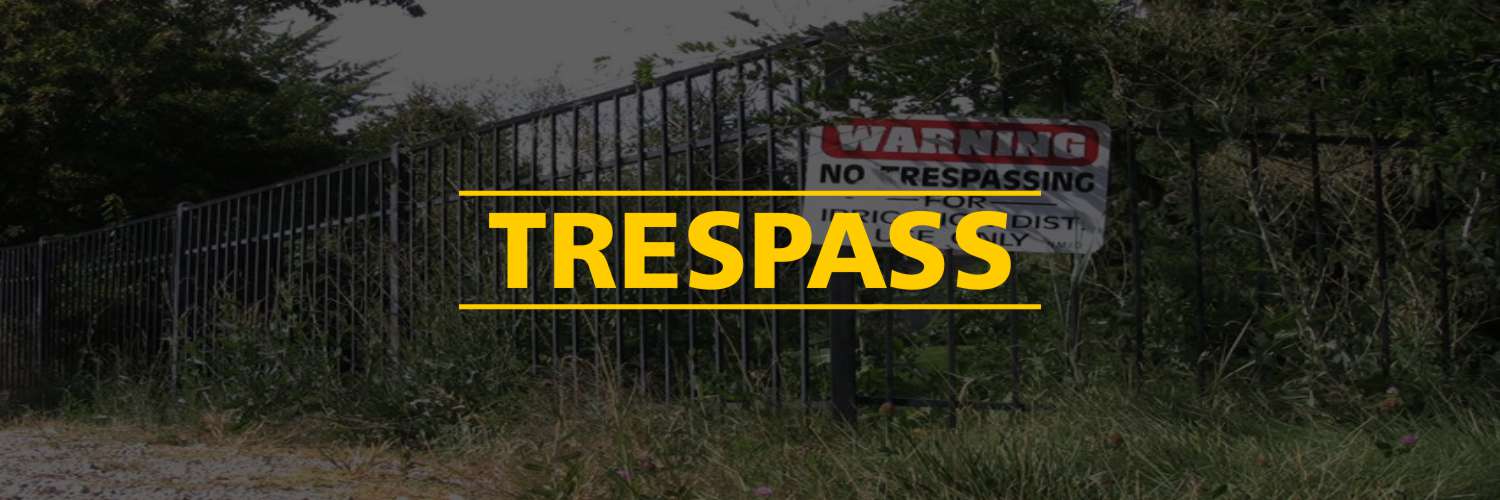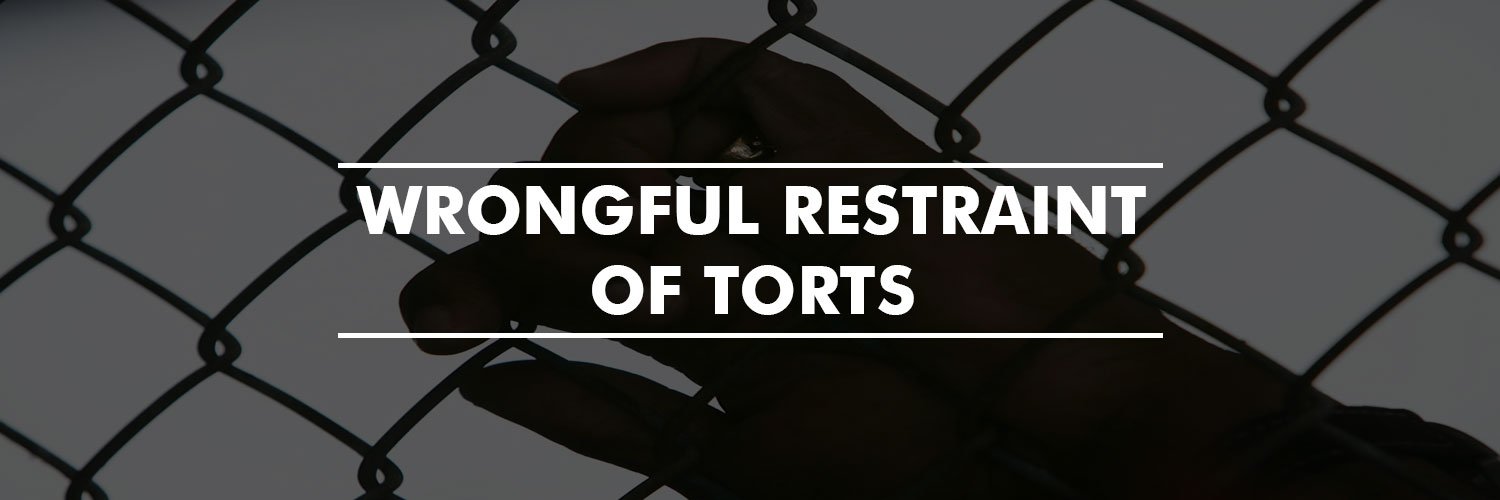Workers’ compensation or repayment is a type of insurance/warranty giving wage and salary replacement and medical benefits/gain to employees injured in the way of employment in exchange for compulsory surrender or submission of the employee’s right to sue/charge their employer for the tort of negligence.
Most organizations, in the event of injury, tell that the only wages and allowances one can receive will come from the workers’ compensation insurance. Although this is the general rule, there are many non-inclusions — situations in which you may be able to sue for damages caused by your injuries.
For example:
- If you were injured by a damaged product, you might be able to bring a products liability/burden action against the manufacturer of the product.
- If you were injured by a toxic substance, you might be able to bring a toxic tort lawsuit against the manufacturer of that substance.
- If you were injured because of your employer’s intentional or extreme conduct, you might be able to bring a personal injury lawsuit against your employer.
- If your employer does not carry workers’ compensation insurance, you might be able to sue your employer in civil court or collect money from a state fund.
- If a third party lead to your injury, you might be able to bring a personal/particular injury suit against that person.
Although workers’ compensation can provide money and benefits to an injured worker, temporary injury or defect and permanent disability/defective payments are usually quite low and don’t compensate the worker for things like pain and suffering. Workers’ compensation also does not provide punishing damages to punish an employer for poor safety controls or dangerous conditions. That’s why it’s important for injured workers to understand their rights to bring a case outside of the workers’ compensation system.
If You Were Injured by a Defective Product
When an employee or worker is hurt by a machine or its part or piece of equipment that is defective, failed to work properly, or is naturally dangerous, the manufacturer/creator of the machine or equipment can be held answerable for the injury if it knew of the danger and/or didn’t properly warn the business or employees of the danger. In such a situation, the manufacturer would have to compensate and refund the worker for things like medical bills, lost wages, and pain and suffering.
Example:
Ravi works in a factory that produces office products. His job is to do a punch press that punches holes in boxes. One day, when Ravi puts his hand into the press to adjust a box, the foot pedal that he uses to stop the press sticks, and the press crushes three of his fingers. His fingers are no longer usable after the accident. Ravi is eligible to collect workers’ compensation from his boss, and he also has a possible products liability case against the manufacturer of the defective/damaged press.
If you have been injured by an unsafe machine or other material in your workplace, consider talking to an advocate about your rights. You can also file a complaint, in addition to filing a workers’ compensation claim. This is a particularly important step to take if your employer is still requiring you or other employees to use the equipment.








